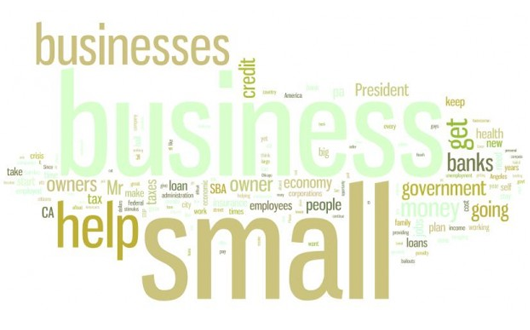All news » Tips for small business bookkeeping
Tips for small business bookkeeping

Here are a few useful tips about bookkeeping that will help you avoid errors and develop some good habits when it comes to record keeping. It may not be your favourite task, but by learning a few tips and tricks about bookkeeping from the beginning, you may avoid making expensive mistakes in the future.
If you just started your business, you probably find it overwhelming that you have to remember a lot of financial details about your suppliers, customers, employees or partners. It is normal to do this way; however, you still need to get used to have a system in order to avoid missing deadlines or loosing your data.
See bellow a list of 5 tips for small business bookkeeping:
Plan your expenses
Try to make an honest estimation of the expenses that may follow in the next 5 years. Think about your facilities and try to evaluate them to see if they need to be upgraded as you start developing your business. You need to know your business is going to have better and worst days, and they will affect your ability to spend.
By anticipating all these facts, you will be able to avoid spending in the good month and finding yourself really short in months that are not that good.
Track your expenses
You may find it hard to track your expenses if you don’t keep a record, and you might miss tax deductions you could have benefited from. Use business credit cards to track your expenses and make sure there are all kept together. Don’t forget about the car mileage when driving long distances for business purposes. You can also do a calculation with Google Maps of how far you have traveled and the associated costs, if it’s easier for you.
Record deposits
Make sure you keep track of all the deposits made into your business account with software like Sage or even an Excel spreadsheet. You probably will make more deposits over the year (loans, revenues or from personal savings), but you have to make sure you keep track of them.
Save Money for Taxes
Taxes are something you have to get used to, and it’s a great idea to save some money, since you know when you will have to pay taxes. By saving a small amount each month, it will be easier to pay the taxes.
Track your invoices
Make a plan to reduce late or unpaid bills, since they can really hurt your cash flow. Track your billing or assign someone to do so; if clients are late, you can send a second invoice, or get in touch with them by the phone to remind them about the payment and penalties.
Get in touch to find out how we can help you
Tagged in: Plan your expenses Record deposits Save Money for Taxes Track your expenses
